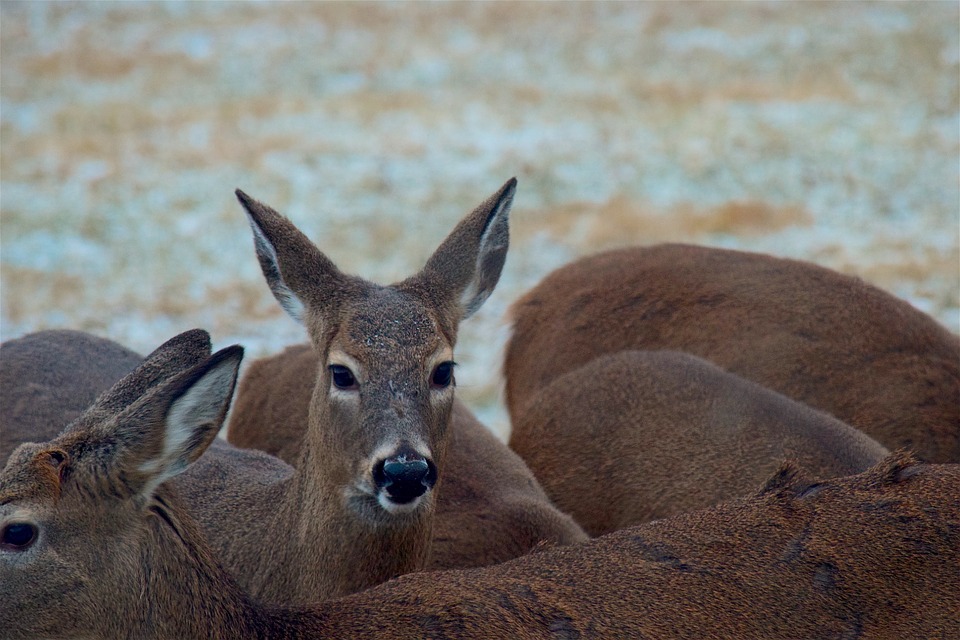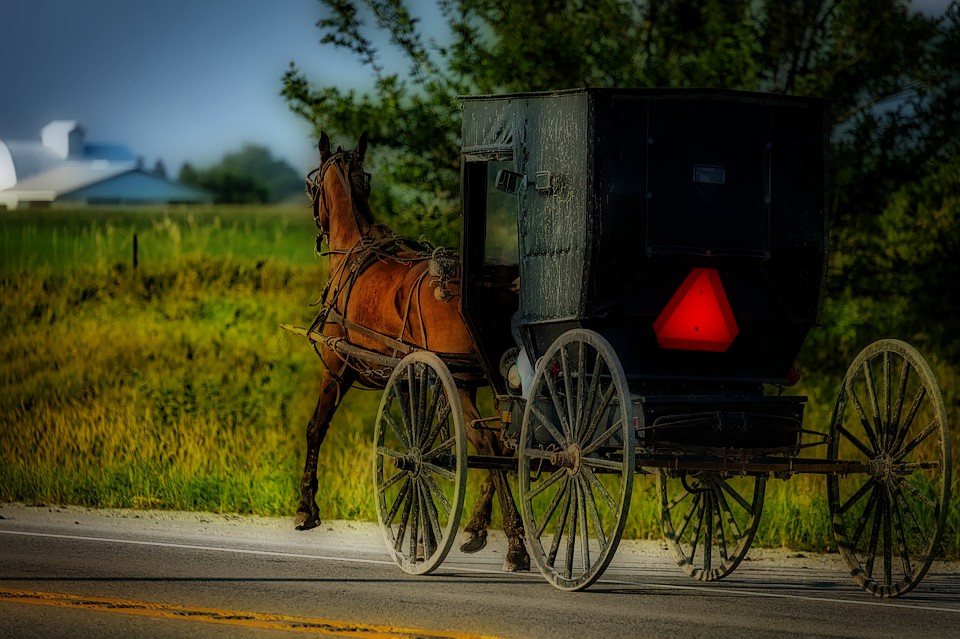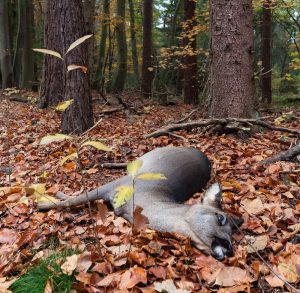A Michigan game ranch came under investigation in late January after a pair of deer heads submitted for chronic wasting disease (CWD) testing came back positive. The ranch, located in Mecosta County, was immediately quarantined, marking the second case of CWD being found in a farmed deer facility since 2008.
“Any discovery of chronic wasting disease in free-ranging or farmed deer is disappointing,” said Chad Stewart, DNR deer and elk specialist.
Earlier this week, the investigation took another turn as news reports indicated that two heads that were tested and subsequently determined to have the fatal disease, were acquired from a deer processing facility closely situated to the quarantined ranch.
Amish farmer Henry Brenneman, who has been butchering meat for hunters for roughly 12 years, told reporters that he was visited by the ranch owner, who was looking for heads to submit for CWD testing to meet the facility’s required quota.
“He said, ‘I need a few heads. I’ve got to send a few in to get tested. I’m behind in testing,'” Brenneman said. “He told me this was an easy fix.”
Obliging to the ranch owners request, two deer heads were removed from Brenneman’s bone pile situated behind the barn on his property. Brenneman estimated the pile contained between 25-30 processed deer and noted that the ranch owners request took him by surprise, as he slung the deer heads into an empty dog food bag.
“He kind of caught me,” Brenneman said. “I was like, do I let him or not let him?”
The corroborated statement from Brenneman now gives an unexpected twist of events to the on-going investigation, which officials declined to comment on at this time. What officials with Michigan’s Department of Natural Resources (DNR) and Agriculture and Rural Development (MDARD) originally thought was a problem contained within a game ranch has now turned into an issue concerning the wild population of deer in the area and possibly other regions of the state.

“Based on the stories we’re hearing, we’re trying to investigate this as if there’s wild, free-ranging deer being positive in the area and there are deer behind the privately owned preserve operation being positive,” State veterinarian James Averill, MDARD animal industry division director told MLIVE.
“We’re trying to fully vet out all those story lines sand find out what the truth is to the best of our ability.”
Since then, MDARD’s food and dairy division have shut down Brenneman’s deer processing business for operating without a license, while the Amish farmer expects to be faced with additional charges and/or fines.
“I don’t know what the fine is going to be but I’m sure there will be something,” Brenneman noted.
Throughout the state of Michigan, there are an estimated 16,000 farmed deer and elk spread across 365 registered facilities. Michigan law specifies fines of upwards of $50,000 paired with a 5-year jail sentence for those convicted of a felony violation of the Animal Industry Act.
Two state-sanctioned meetings were scheduled to discuss Michigan’s CWD response, the first taking place earlier this week in Big Rapids. The initial meeting was focused toward deer farmers and the second meeting, slated for February 22, will be geared towards hunters and property owners.




